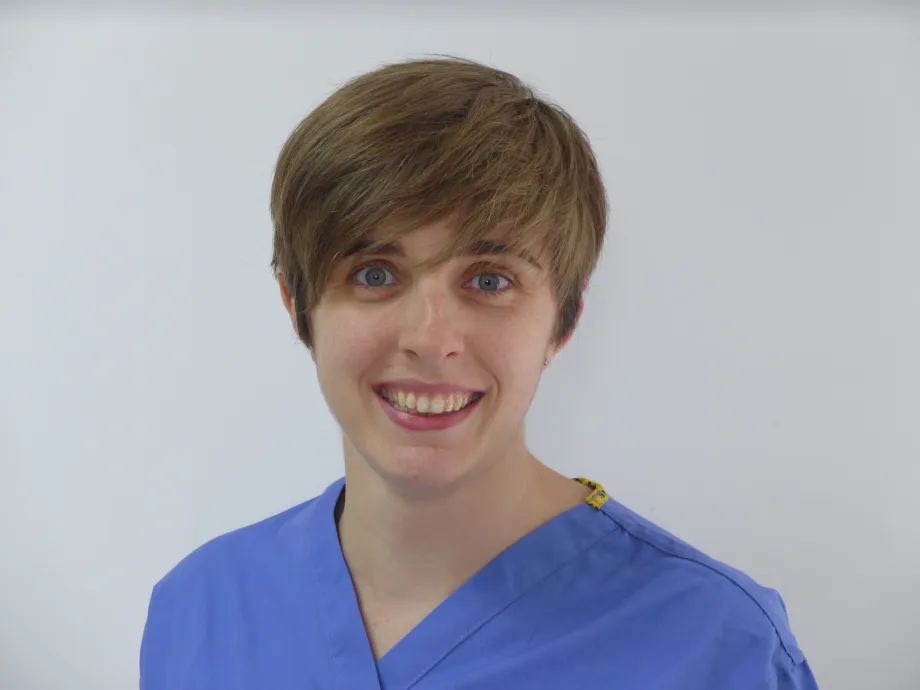The new project, led by Dr Jess Morgan at the University of York, will review global research on ambulatory chemotherapy - chemotherapy given via portable pumps - for young patients.

Dr Jess Morgan
Dr Morgan explained:
Ambulatory chemotherapy involves providing chemotherapy, or supportive treatments such as hydration fluids, in a portable way that allows patients to stay either at home or in alternative accommodation. While this approach is more common in adults, it’s much more complicated in children because our patients come in lots of different sizes and their bodies work differently as they develop. The process of delivering the chemotherapy safely is therefore more complicated than that of a ‘one size fits all’ adult approach.
Research suggests that ambulatory chemotherapy may help improve quality of life for children and young people, reduce pressure on hospital beds, and lower healthcare costs, all without affecting safety or success rates. While standard chemotherapy often means spending long periods in hospital, ambulatory chemotherapy could allow young people to stay at home or closer to their families.
However, it also brings practical challenges. Families need to be trained to manage the equipment safely, and some may need to travel more frequently for appointments. Despite its potential, ambulatory chemotherapy is rare in paediatric cancer care, especially in the UK.
Dr Morgan’s team will gather and map out all existing evidence to better understand how ambulatory chemotherapy works for children and young people, what challenges it introduces, and what future improvements are needed. Their findings will provide a valuable evidence base for teams developing similar services in the UK.
Dr Morgan said:
We're hoping to pull together all the research done worldwide in children and young people's ambulatory chemotherapy. This means all professionals can go to one place for the research and don't have to do the work themselves. As we're experts in finding and summarising research, we know we'll produce good information that can form the basis of UK services.
This ‘scoping review’ will run alongside a related project, the PACS study, that is mapping out current ambulatory chemotherapy services for children across the UK. Together, the projects will give a complete picture of the potential of ambulatory care for UK patients.
Dr Morgan said:
The PACS study aims to understand what's being done in the UK right now, and where there are successes and challenges. In the new scoping review, we'll be looking at research from around the world. The two projects together will feed off each other to provide this complementary information in an efficient way.
The findings from this project will be shared with patients, families, healthcare teams, researchers, and funders, providing a wealth of information that the researchers hope will aid ambulatory chemotherapy service design going forwards.
Jo Stark, CCLG’s Chief Nurse, said:
This project will help us understand what safe, effective ambulatory chemotherapy looks like for children and young people. As nurses, we’re at the heart of supporting families through treatment, so having strong evidence to guide practice is essential. We’re proud to fund research that will inform high-quality care.
